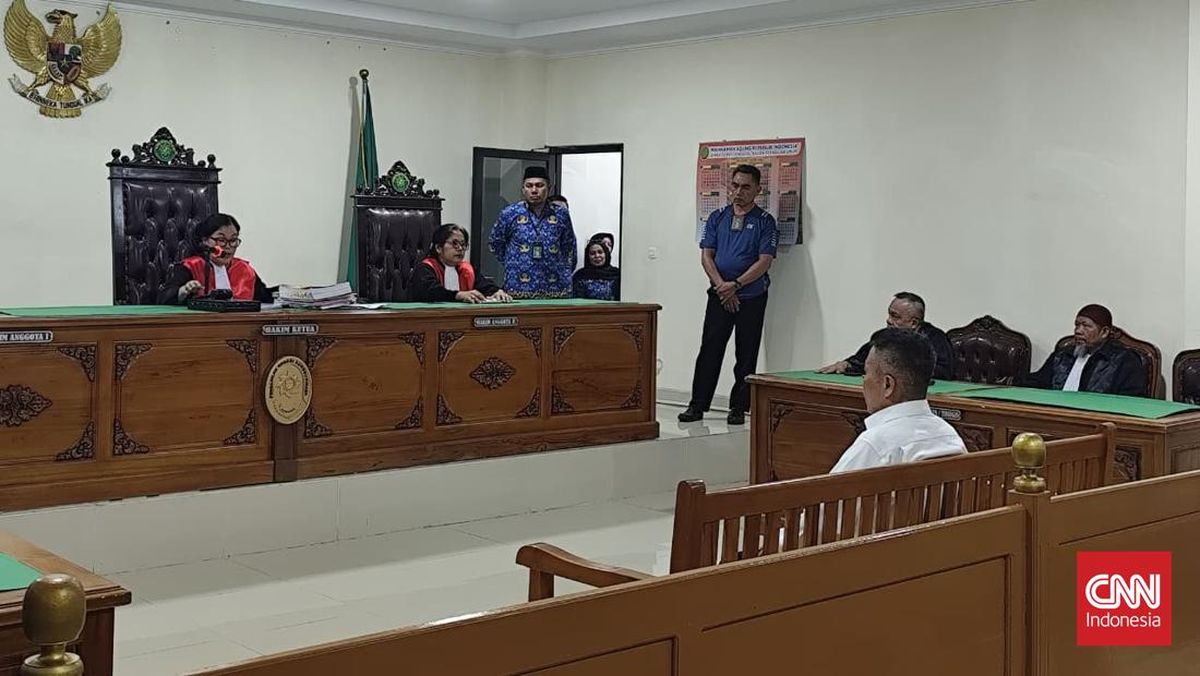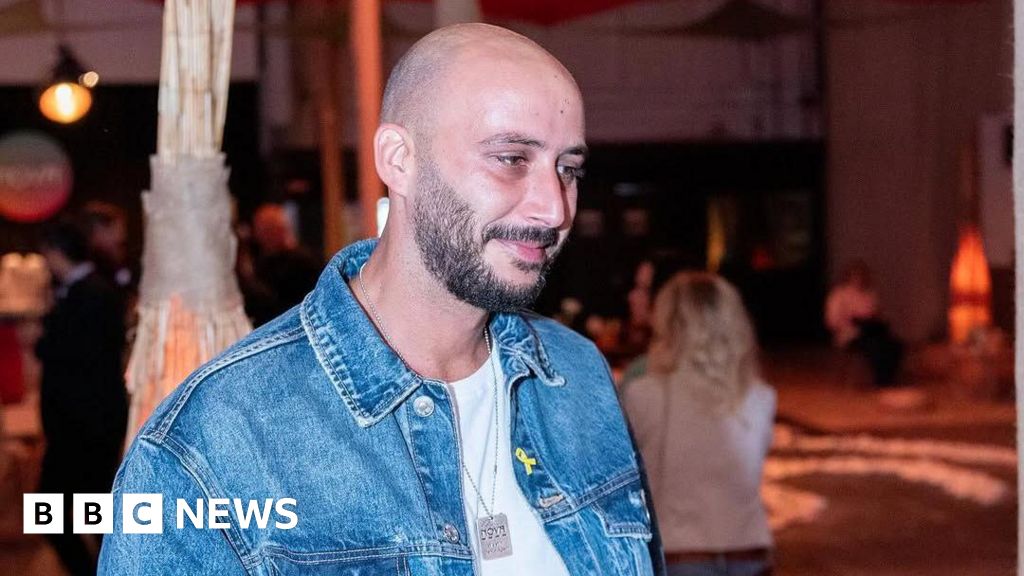George Miller has some advice for anyone concerned about the rise of AI and its impact on the creative industries, and filmmaking in particular.
“Be alert but not alarmed – and be excited,” he says.
At 80, the filmmaker behind Babe, Happy Feet and the Mad Max universe has seen plenty of technological innovation, in both medicine, where he began his career, and cinema. And he knows that big shifts often trigger big anxieties.
“I’ll never forget when I was a young medical student and Christiaan Barnard in South Africa did the first heart transplant,” he says. “I remember the debate, ‘We should not be doing this. This is playing God. This is against human nature’. And now there are probably three heart transplants going on [in his hometown of Sydney] today, and I know people who are walking around having active lives because of heart transplants. That happens at every turn, you know. And here we are again in this rapidly accelerating process.”
Miller has always embraced innovation. Without CGI, he couldn’t have made Babe, with its talking pig. Without motion-capture, he couldn’t have made Happy Feet, with its dancing penguins.
“Part of me has always been interested in tools, and I think that applies to just about everything we do,” he says. “And AI is the next tool – and as much as people are threatened by or uneasy about it, it’s here to stay.”
Miller is lending his enthusiasm and his expertise to Omni 1.0, a festival of AI filmmaking for which he is a judge. And it’s a mark of the staggering speed at which AI is advancing that the first iteration, Omni 0.5, was held only in April.
Staging Omni every six months gives the festival a chance to stay relevant, but it’s still a stretch. “The early entries that came in were significantly, noticeably inferior to the ones that came at the end of the two-month submission period,” says Miller of the first festival. “I just can’t wait to see what has happened in six months.”
Omni was the brainchild of Aryeh Sternberg and Travis Rice, colleagues at the University of NSW. They had expected 50 or 60 entries, says Sternberg, whose career has largely been in the advertising and audience targeting space. “And we got nearly 1000. ‘OK,’ we said, ‘this is something real’.”
Submissions came from all around the world, in all shapes and sizes. “We had a few 30-seconders, we had quite a few between three and 15 minutes. We had a good handful that were up to 30 minutes, and we had 15 feature-length entries. And we had one that was 4½ hours long.”

Travis Rice (left) and Aryeh Sternberg, co-founders of the Omni AI Film Festival.
Entries for round two closed on September 14, and the uptick in quality has been “significant”, Sternberg says, which is reflective of three factors.
“One is the technology itself, which continues to evolve tremendously fast. The second is its exposure and availability to filmmakers. And the third is its exposure and availability to people who didn’t realise before that they had the ability to create content.”
For all that AI has the potential to democratise production like nothing before it, it also poses a plethora of ethical, industrial and legal issues that the tech companies behind its development don’t seem in any great hurry to resolve. But for Miller, that’s no reason to turn your back on it.
“People should be concerned because of all the ethical issues,” he says. “But the thing people can’t do is just opt out through fear because it’s a question of adapt or die.”
The emergence of Tilly Norwood, the so-called AI actress, does not represent an existential threat to real flesh and blood performers, in Miller’s view. He likens it to the fact Marlon Brando was scanned before his death so that his likeness would be available to anyone willing to pay for its use.

Actor or AI asset? Marlon Brando was scanned before his death, but having his likeness is not the same as having him, insists Miller.
“You do not have Marlon Brando and all that comes with it. You won’t, as a director, have that discourse with him. You won’t get the wild, imaginative, often unique things that he does. You’ll have an artefact that looks like Marlon Brando, but that’s not why people still watch Marlon Brando movies.”
Miller is not alone in his view that AI is merely a tool, incapable of generating original compelling stories and characters with human imagination to drive it. But Sternberg is convinced that the situation will change.
How long, do you think, until a genuine AI-generated feature film emerges that is good enough to compete with traditional movies?
Loading
“Three years,” Sternberg says. “We’ve already crossed a line where the use of existing data, the use of synthetic data and access to new data will allow us to crack the code of creativity. There may be a million turds along the way, but I believe that to create that one masterpiece, it is absolutely inevitable.”
A selection from Omni 1.0 will screen in Sydney on October 21, with future screening events planned. Details: omnifilmfestival.com
Must-see movies, interviews and all the latest from the world of film delivered to your inbox. Sign up for our Screening Room newsletter.


















































